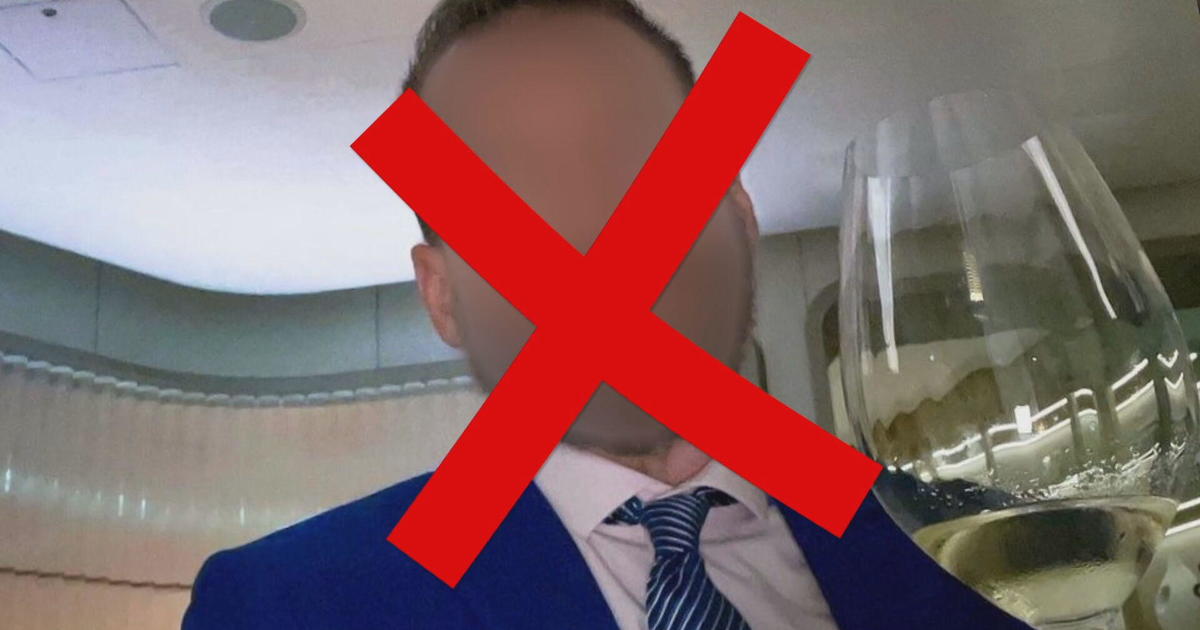'Binge-watching' TV Shows Could Be A Sign Of Mental Illness
PHILADELPHIA (CBS) – If you've ever wondered whether those Sundays you spent binge-watching Downton Abbey or Homeland are a sign of something more serious, stop and take a breath: They might be.
New research from the University of Texas at Austin indicates binge-watching television shows could be a sign of a mental health problem. In fact, the study found that those who admitted to frequent bouts of binge-watching were much more likely to be depressed and lonely.
For the study, researchers surveyed 316 people between 18 and 29 about their TV-watching habits as well as about how often they felt depressed or lonely.
Scientists found that those participants who exhibited more frequent signs of sadness and loneliness also watched more television. Furthermore, those who lacked self-control were more likely to binge watch.
"Even though some people argue that binge-watching is a harmless addiction, findings from our study suggest that binge-watching should no longer be viewed this way," scientist Yoon Hi Sung said.
"Physical fatigue and problems such as obesity and other health problems are related to binge-watching and they are a cause for concern. When binge-watching becomes rampant, viewers may start to neglect their work and their relationships with others," Sung added.
In other words, put down the remote!
Binge-watching is defined as viewing between two and six episodes of a single show in one sitting, and the research is scheduled to be presented at the 65th Annual Conference of the International Communication Association.



